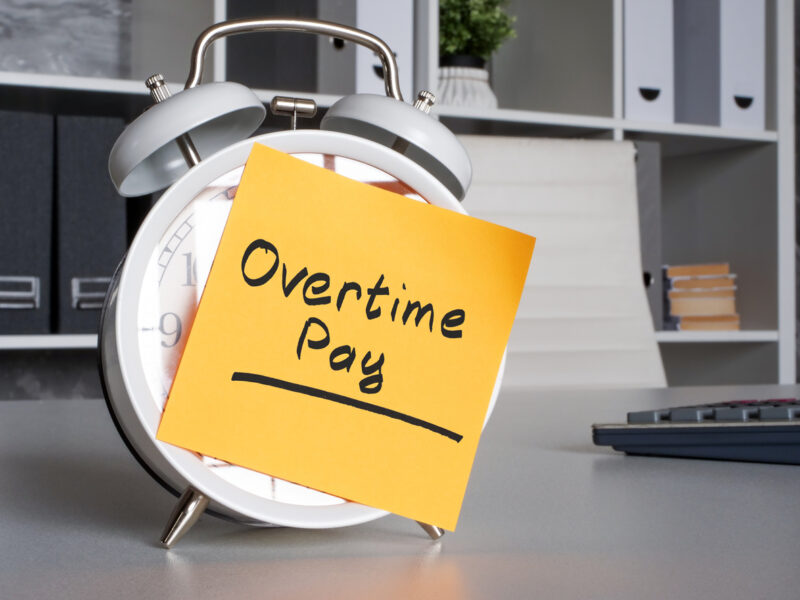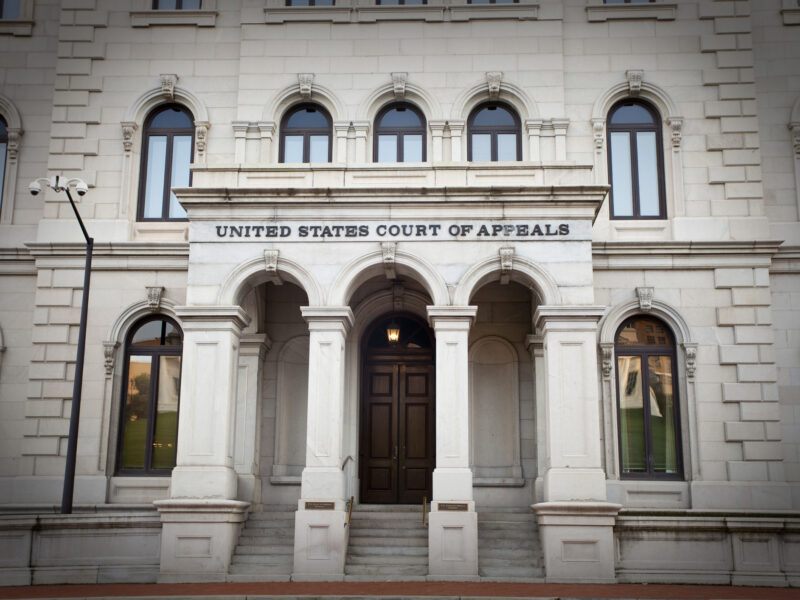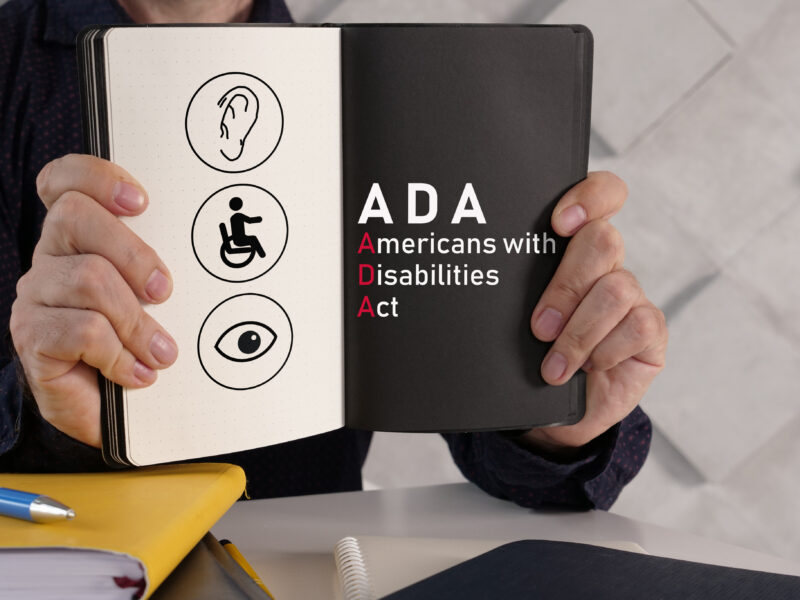


Employment Law | Advice and Counsel
Overview
At Smith Debnam Attorneys at Law, we understand the complex legal landscape surrounding the employer/employee relationship. Our Employment Law – Advice and Counsel Practice provides comprehensive legal support to employers, helping them navigate the ever-changing employment laws and regulations. With our know-how and commitment to staying up to speed with the latest legislation, we ensure your business remains compliant and well-protected.
Why You Need a Seasoned Employment Law Attorney
Employment laws and regulations are constantly evolving, making it crucial for employers to regularly review their Employment Policies and Procedures. Failing to comply with these laws can expose your business to significant legal risks, including costly litigation, penalties, and reputational damage. By partnering with a seasoned employment law attorney, you can proactively identify and address potential compliance issues, minimize legal exposure, and maintain a positive work environment.
At Smith Debnam, we regularly guide business owners and employers all across North Carolina and the greater Triangle region, including Raleigh, Durham, Cary, Apex, Holly Springs, Knightdale, Zebulon, and Fuquay-Varina. Smith Debnam’s employment law attorneys are skilled at helping businesses of all sizes set up systems to avoid problems in employment relationships. We can assist with preparing employment handbooks and policies regarding:
- Sexual harassment
- Termination
- Commissions
- Hiring Policies
- Employment Contracts
- Employment Law
- Wage and Hour
- Overtime Compensation
- Workplace Conduct
- Age Discrimination
- Gender Discrimination
- Equal Employment Opportunity
- EEOC Policies
- HR Policies
- Employee Manuals
- Employee Handbooks
- Disputes
Our Services
- Employer Consultation & Representation:
Our experienced employment law attorneys are available to provide consultation and representation to employers across various industries. We offer comprehensive advice on a wide range of employment matters, including:
- Employment contracts and agreements
- Wage and hour compliance
- Discrimination and harassment issues
- Employee discipline and termination
- Workplace investigations
- Non-compete and confidentiality agreements
- Restrictive covenants
- Employee benefits and compensation
Whether you need assistance in day-to-day employment matters or guidance during complex legal disputes, our attorneys are dedicated to protecting your business’s best interests and achieving favorable outcomes.
- Workplace Policies & Procedures:
Crafting effective workplace policies and procedures is essential for fostering a productive and legally compliant work environment. Our attorneys work closely with employers to develop tailored policies and procedures that align with their business goals while ensuring compliance with applicable laws and regulations. We can assist you in creating policies covering:
- Equal employment opportunity
- Anti-discrimination and anti-harassment
- Family and medical leave
- Reasonable accommodation
- Social media usage
- Drug and alcohol policies
- Data privacy and protection
By customizing your policies and procedures, we help you establish clear expectations, promote fairness, and reduce the risk of disputes or regulatory non-compliance.
Why Choose Smith Debnam Attorneys at Law
- Extensive Experience: With decades of experience in employment law, our attorneys possess in-depth knowledge and insights into the intricacies of labor and employment regulations.
- Tailored Solutions: We understand that each business has unique needs and challenges. Our attorneys provide personalized solutions that address your specific concerns while considering your industry, size, and corporate culture.
- Proactive Guidance: By staying current with the latest legislation and regulatory updates, we proactively advise employers on potential legal risks, ensuring compliance and helping you avoid costly mistakes.
- Comprehensive Support: From consultation and policy development to representation in legal disputes, we offer end-to-end support, giving you peace of mind and allowing you to focus on your core business operations.
Contact Smith Debnam Attorneys at Law
Don’t let employment law complexities hinder your business’s success. Our mission at Smith Debnam is to provide quality, personalized legal services to Employers in the Greater Raleigh area and throughout North Carolina. Contact Smith Debnam Attorneys at Law today to schedule a consultation and learn how our Employment Law – Advice and Counsel Practice can support your legal needs.
Sample Representations Include:
- Assisted client in responding to EEOC complaint, which was resolved in the client’s favor.
- Participated in EEOC mediation, resulting in a favorable settlement.
- Defended federal court discrimination suit.
- Advised employer regarding former employee’s violation of the non-compete agreement.
- Advised executive in re-drafting of employment contracts.









